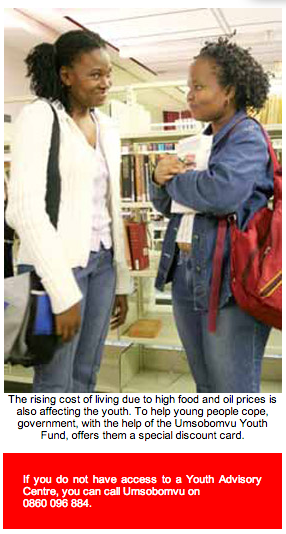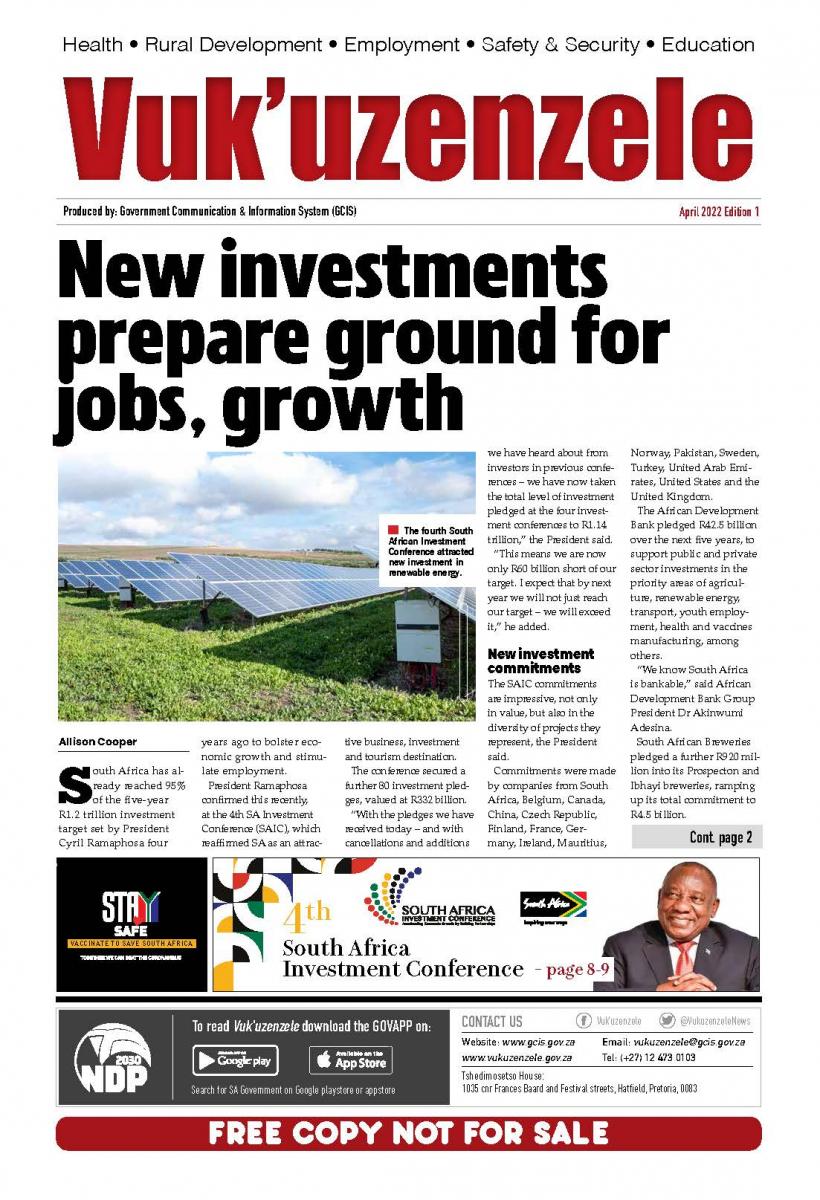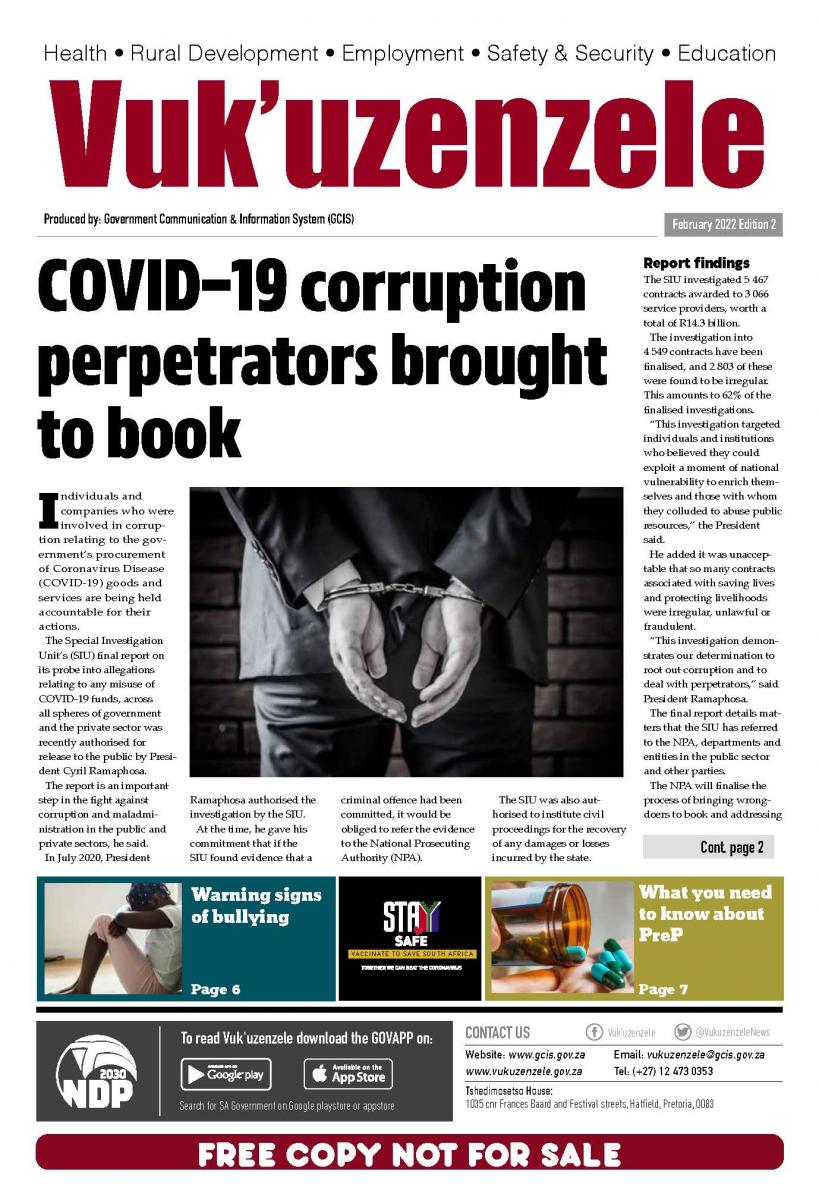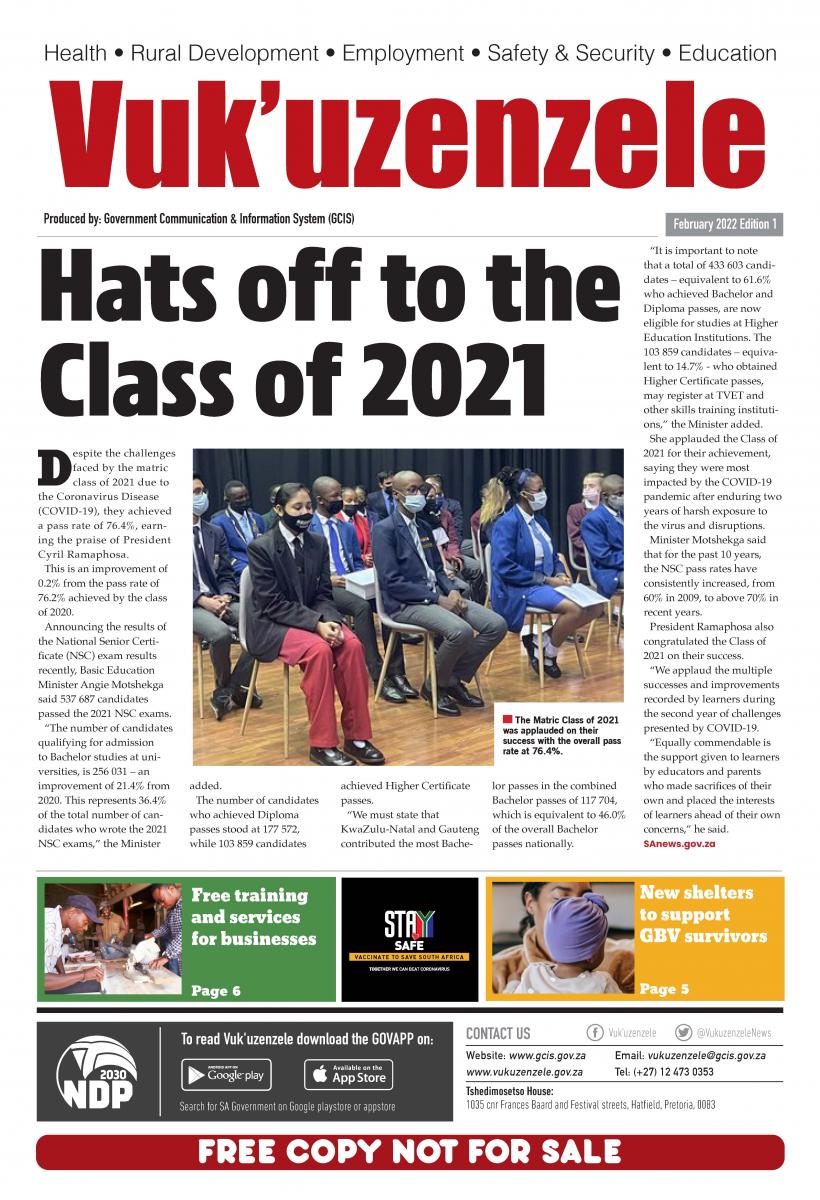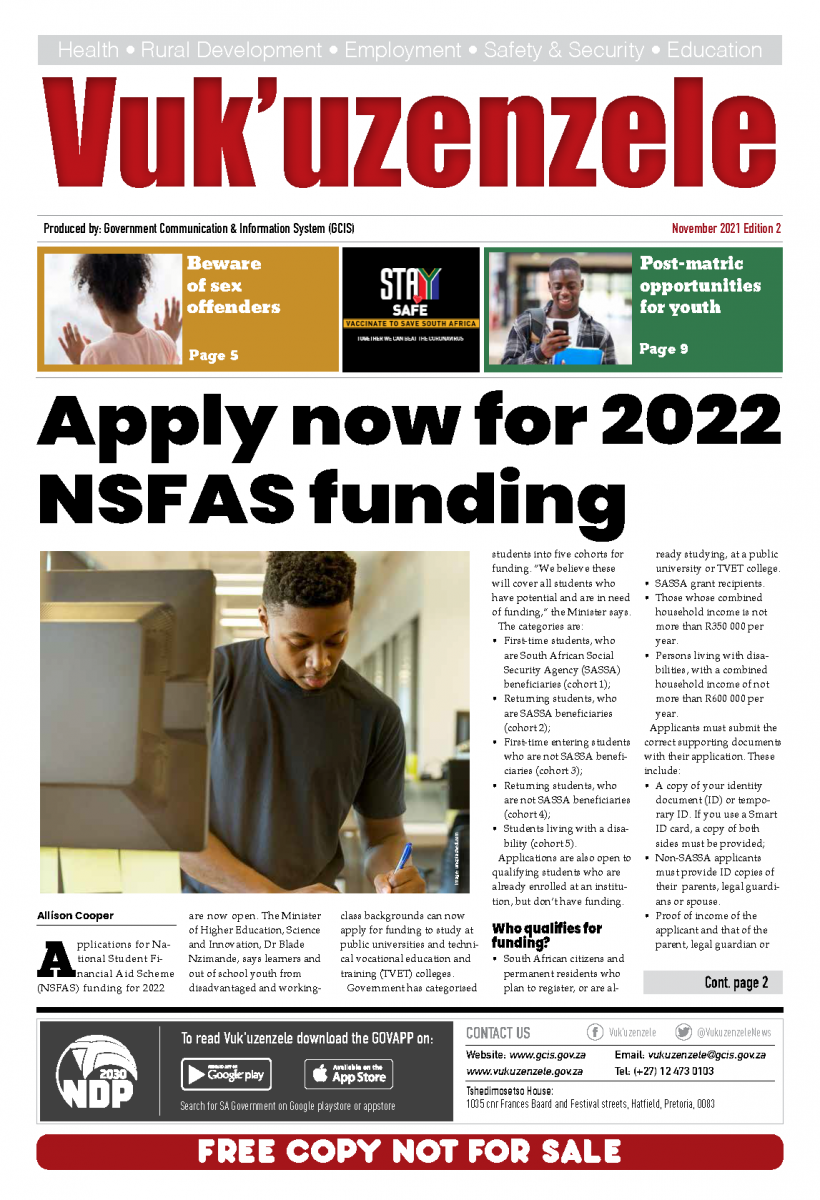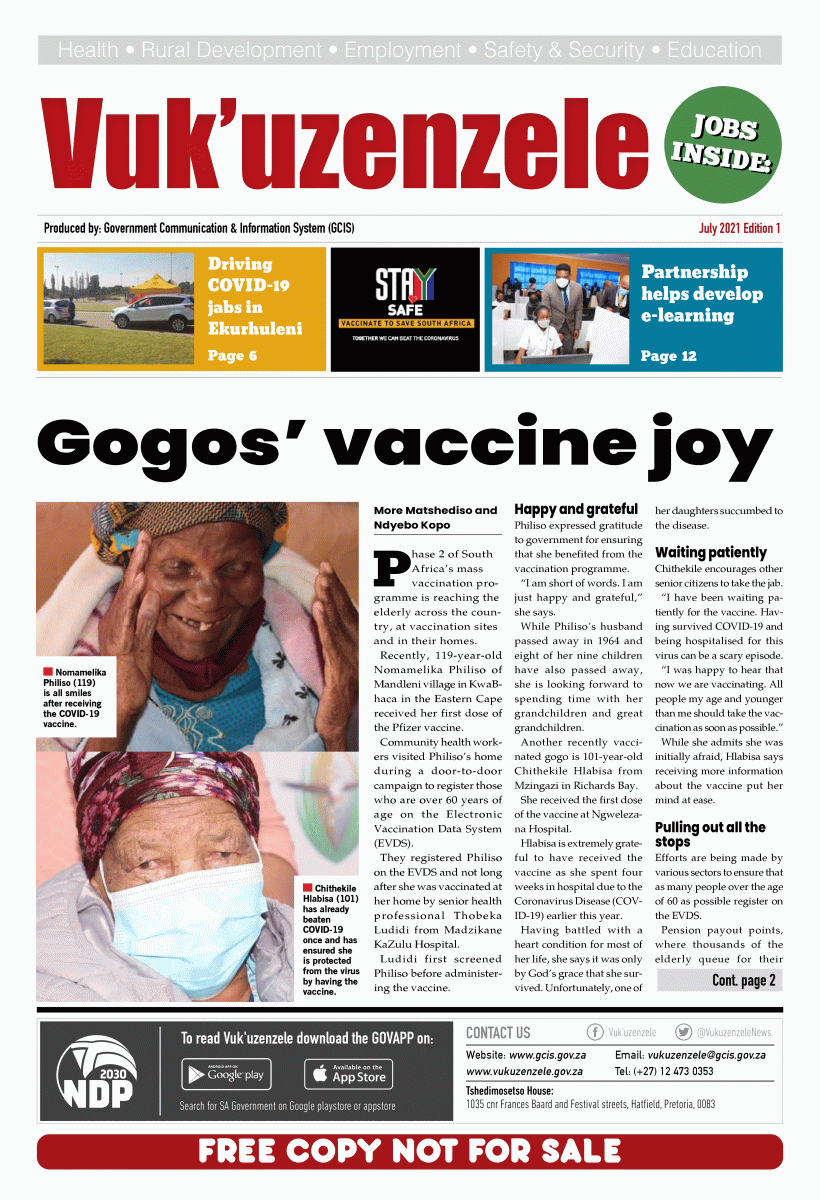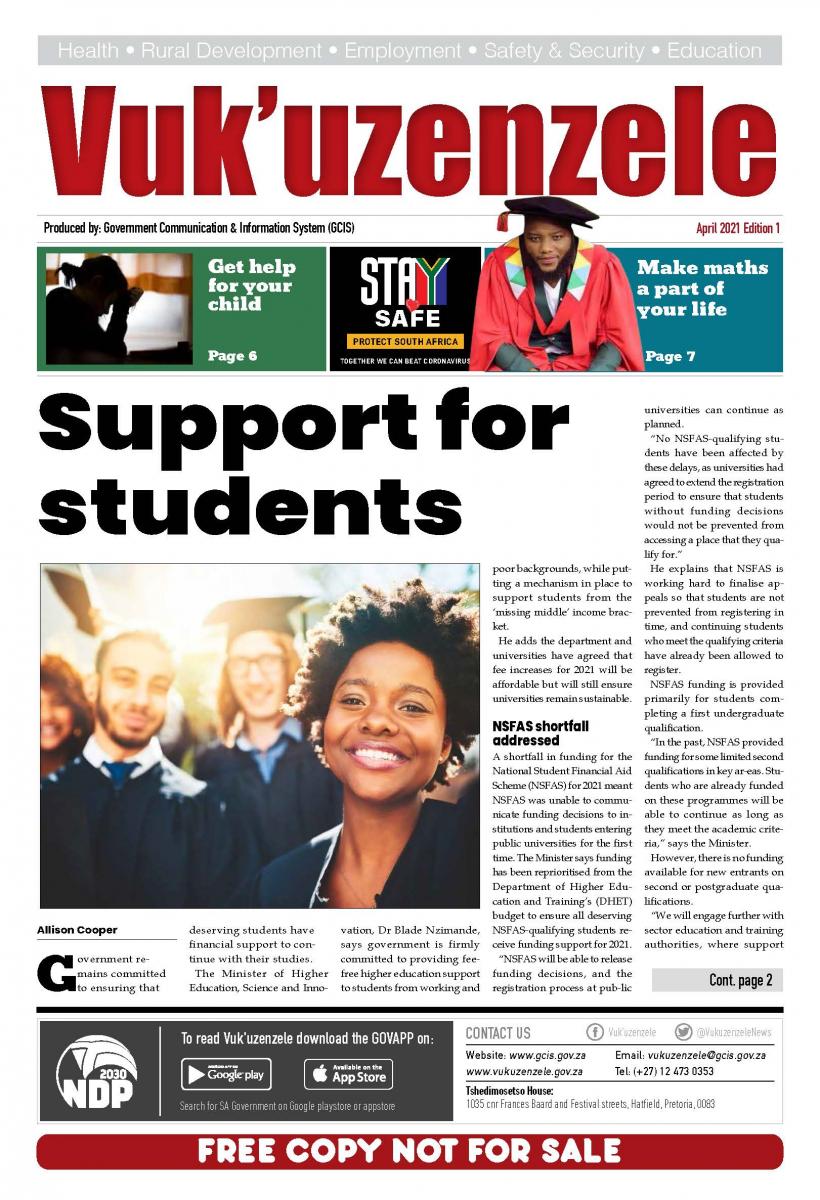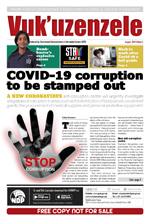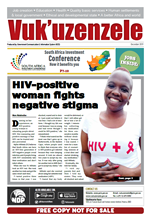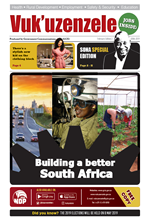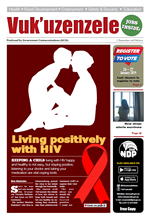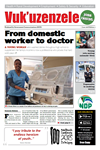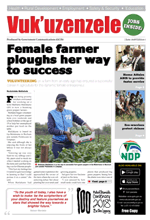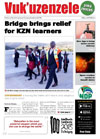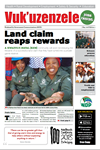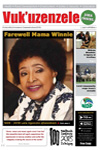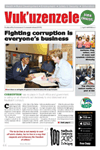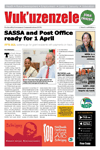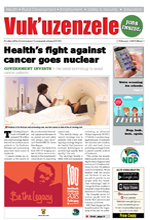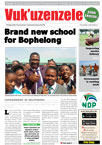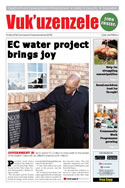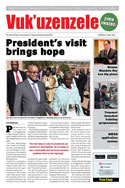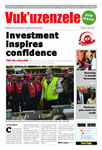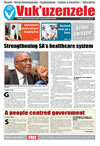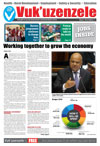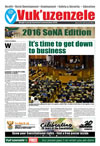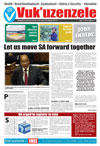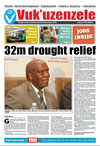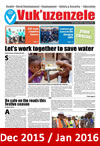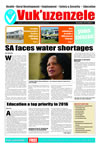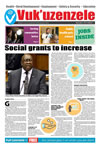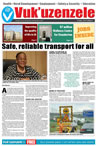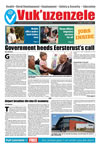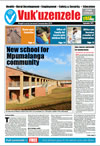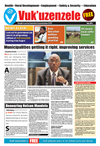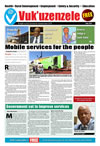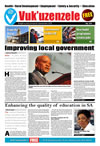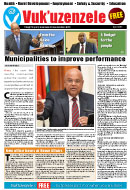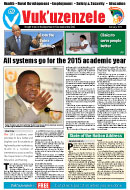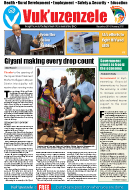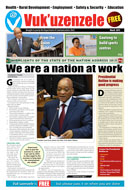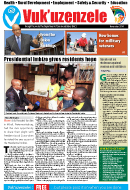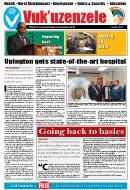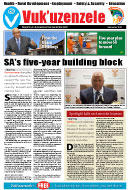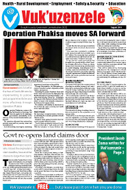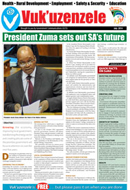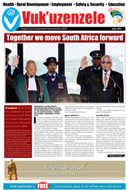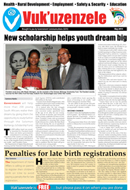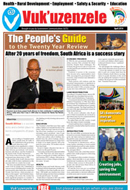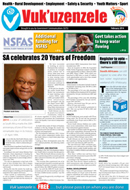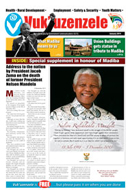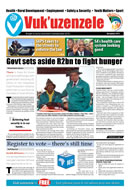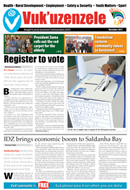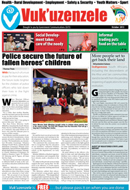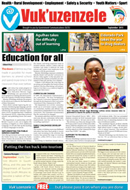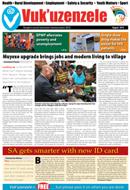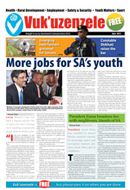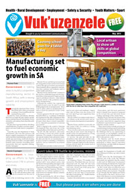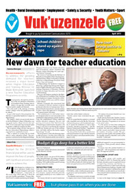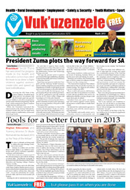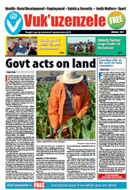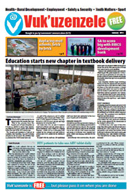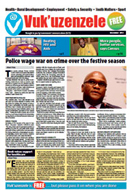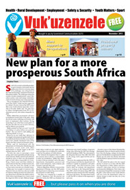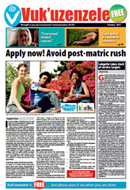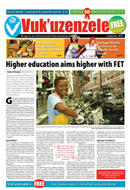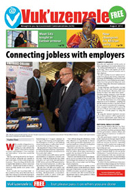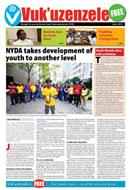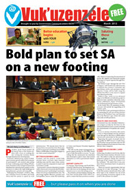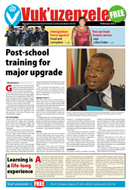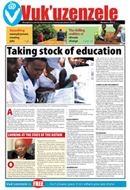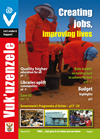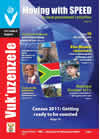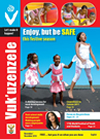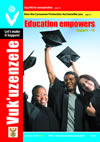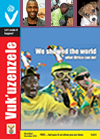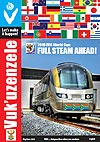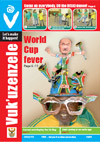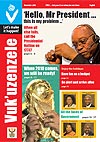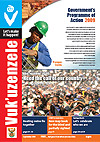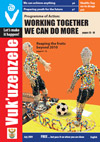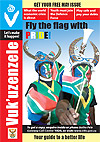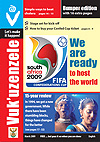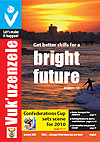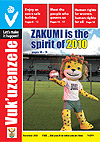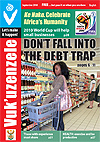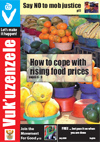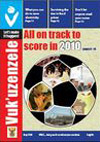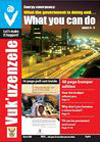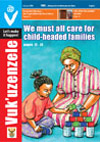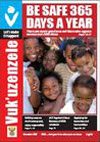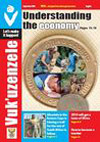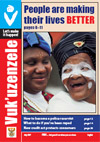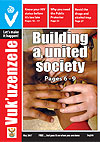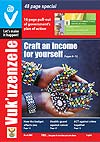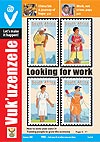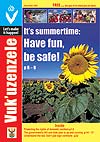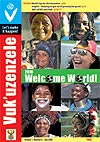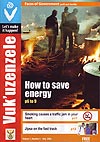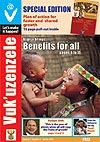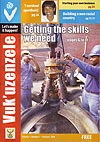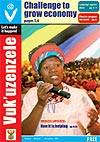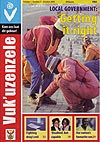Archives
Archives16 DAYS OF ACTIVISM HUMAN RIGHTS FOR WOMEN, HUMAN RIGHTS FOR ALL
16 DAYS OF ACTIVISM HUMAN RIGHTS FOR WOMEN, HUMAN RIGHTS FOR ALL sadminIt' s the ninth anniversary of the 16 Days of Activism for No Violence Against Women and Children campaign. The theme this year is "Human Rights for Women - Human Rights for All." It tells us that if we abuse women, we also abuse human rights.
- making people more aware of the harmful effects of violence against women and children;
- encouraging abusers to change their behaviour to non-violence;
- reaching out to women and children who are victims of abuse, especially in rural areas;
- highlighting the stories of survivors of violence.
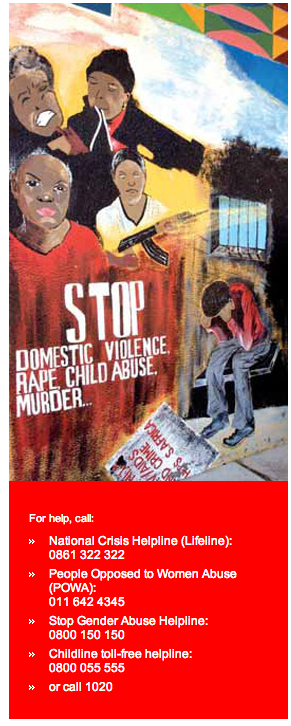
2010 WORLD CUP TICKETS ARE AFFORDABLE, SO DON'T MISS OUT
2010 WORLD CUP TICKETS ARE AFFORDABLE, SO DON'T MISS OUT sadmin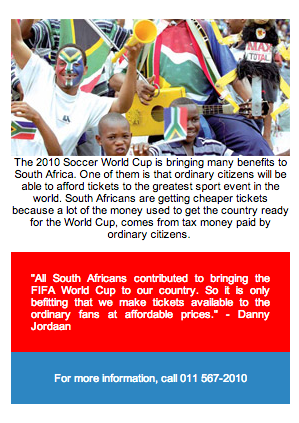
Advice: HIV and Aids - Rather be safe than sorry
Advice: HIV and Aids - Rather be safe than sorry sadmin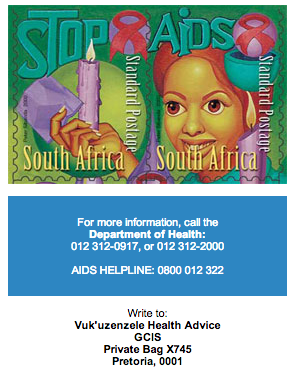
ELECTIONS USE YOUR DEMOCRATIC RIGHT TO VOTE
ELECTIONS USE YOUR DEMOCRATIC RIGHT TO VOTE sadmin- be a South African citizen;
- be 16 years or older to register, but you may only vote when you are 18;
- have a South African green bar-coded identity document (ID) or a Temporary Identity Certificate;
- give a physical address where you stay.
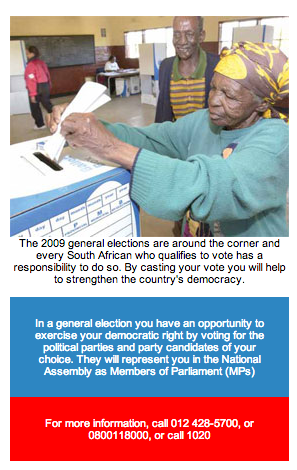
FIGHTING CRIME BE EXTRA CAREFUL OVER THE FESTIVE SEASON
FIGHTING CRIME BE EXTRA CAREFUL OVER THE FESTIVE SEASON sadmin- Know the emergency numbers like the police and ambulance.
- Never leave keys in gates, doors or cars.
- If someone knocks, check who it is before opening the door.
- When nearing your house ensure that it is safe to enter and that you have not been followed.
- Know your neighbours and build a relationship of trust and support.
- Never leave children alone. Always keep money in a safe place.
- Don't buy stolen goods. This motivates criminals to even steal more goods.
If your house has been broken into
- Contact your nearest police station immediately.
- Wait until fingerprints and statements have been taken before touching anything.
- Unless it is absolutely necessary don't allow anyone to enter the house or touch anything before the police have investigated the scene.
- Keep a list of the make, model and serial numbers of electrical appliances for investigation purposes.
- Make sure that the doors and windows of your house are properly locked.
- Ask a trusted family member or relative to check your house every second day while you are away.
- Plan your route beforehand so that you don't get lost in remote or unsafe areas.
- Be careful before you stop people to ask for directions.
- Leave early so that you arrive at your destination before dark.
- Don't hitchhike.
- Do not carry large sums of money with you.
- Always be aware of what is going on around you.
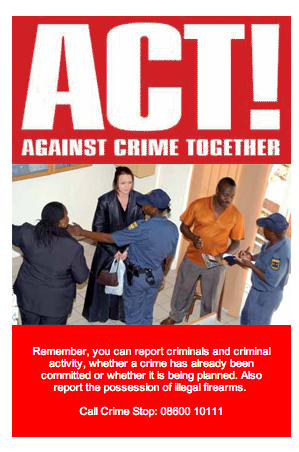
FUN PAGE BE SAFE THIS SUMMER...
FUN PAGE BE SAFE THIS SUMMER... sadmin- Always obey traffic signs.
- When you get to a traffic light, the red light means stop, the yellow light means caution, the green light means go. When you get to a stop sign, look, listen and look again before you go.
- Never overload your car when you go on holiday, it can cause accidents.
- Stick to the speed limit
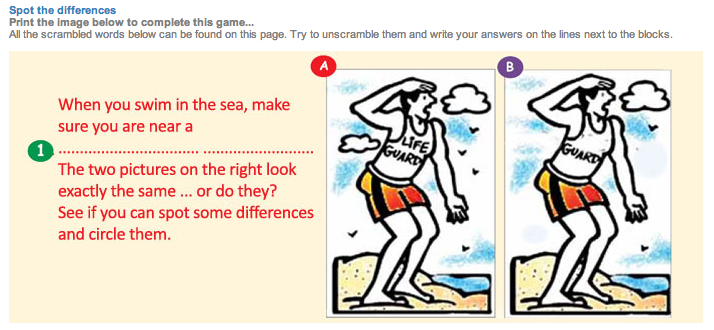
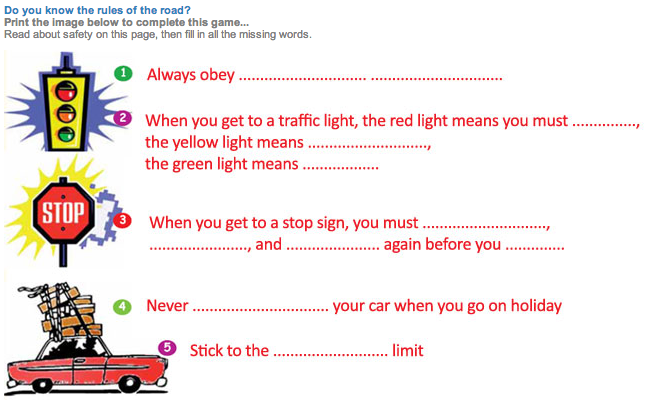
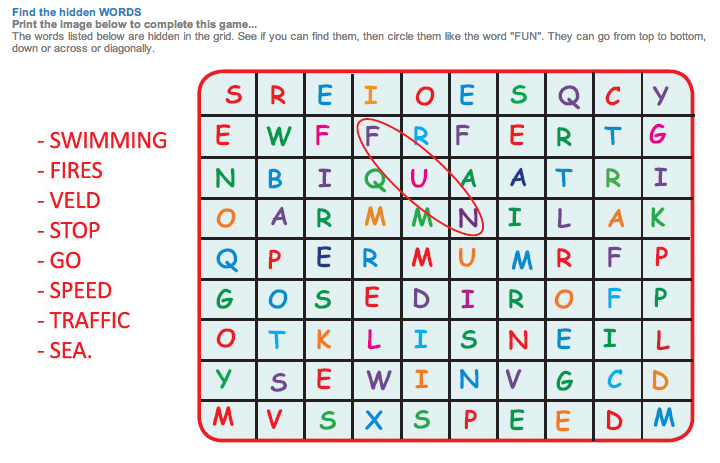
FUNZA LUSHAKA HELPING YOU TAKE UP THE TEACHING CHALLENGE
FUNZA LUSHAKA HELPING YOU TAKE UP THE TEACHING CHALLENGE sadmin- show that they worked hard and got good marks at school;
- show that they are trustworthy and committed to a teaching career;
- be interested in working with young people and ready to face difficult challenges;
- be willing to teach in any school to which they are appointed by their provincial education department.
- a four-year Bachelor of Education, or
- a three- or four-year Bachelor degree in fields like Engineering, Arts, Computer Science, or Technology which will allow the student to be admitted to the one-year Postgraduate Certificate in Education. Priority will be given to:
- Foundation Phase specialisation - Grade R to 3.
- Intermediate Phase - Grade 4 to 6 African Languages, English, Mathematics, Natural Sciences and Technology.
- Senior Phase - Grade 7 to 9 African Languages, English, Maths, Natural Sciences, Technology.
- FET - Grade 10 to 12 African Languages, Agricultural Sciences, Agricultural Technology, Civil Technology, Computer Applications Technology, Electrical Technology, Engineering Graphics and Design, English Language, Information Technology, Life Sciences, Mathematics, Mathematical Literacy, Mechanics and Physical Sciences.
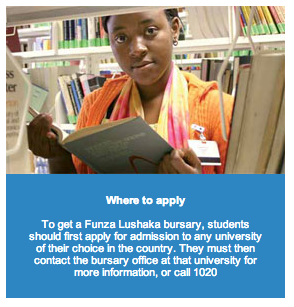
GRANTS AND PENSIONS REACHING MORE PEOPLE
GRANTS AND PENSIONS REACHING MORE PEOPLE sadmin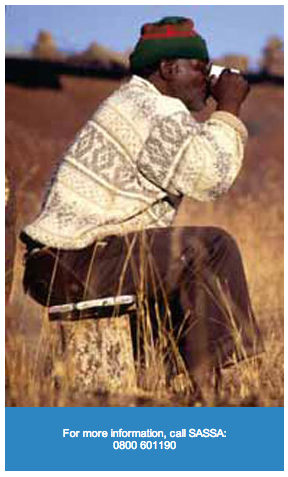
HOLIDAY SEASON BE SAFE ON THE ROADS
HOLIDAY SEASON BE SAFE ON THE ROADS sadmin- Plan your journey carefully.
- Do not start the journey when you are tired. This affects your concentration.
- When driving long distances take a break after every 200 kilometres.
- Check you vehicle for roadworthiness.
- Check the brakes, wind shield wipers, indicators, correct tyre pressure and oil and water.
- Don't take any alcohol before or during the journey. Alcohol affects your concentration.
- Stick to the speed limit. The speed limits are MAXIMUM speeds. So, if it is raining, misty or the road is crowded, lower your speed.
- Always keep a safe following distance (at least 2 seconds) from the vehicle in front of you.
- When overtaking, make sure there is no oncoming traffic, a solid white line or traffic signs that forbid overtaking.
- It is illegal to overtake at crossings, blind rises and sharp turns.
- Switch on your headlights when visibility is poor. This helps you to be visible to all other vehicles on the road.
- If you attend an end-of-year party, arrange a lift home or ask someone who has not taken alcohol to take you home.
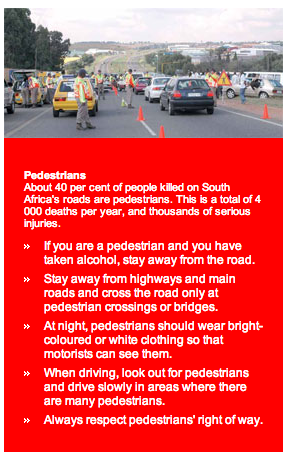
HOLIDAY SEASON ENJOY YOURSELF AND BE SAFE AND RESPONSIBLE
HOLIDAY SEASON ENJOY YOURSELF AND BE SAFE AND RESPONSIBLE sadmin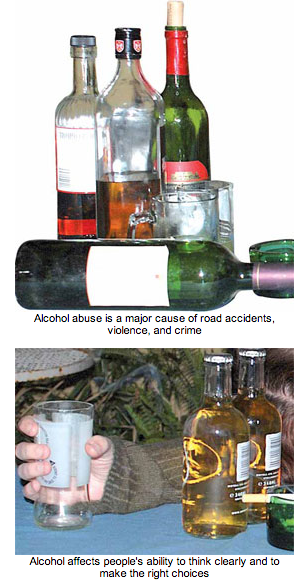
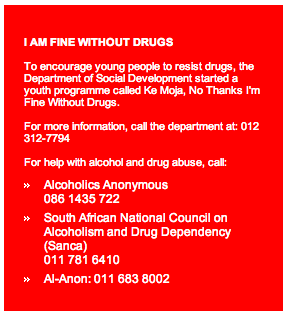
HOLIDAY SEASON HAVE FUN AND CELEBRATE, BUT TAKE EXTRA CARE
HOLIDAY SEASON HAVE FUN AND CELEBRATE, BUT TAKE EXTRA CARE sadminThe holiday season is a time for fun and celebrations. But it is also a time to be more careful than usual. This is because people go on holiday, have parties and celebrate or do other things they don't normally do during the year. It means there are more cars and more accidents on the roads, more drownings in dams and rivers, more drinking and more violence. It's good to have fun, but we must remember to do so responsibly.
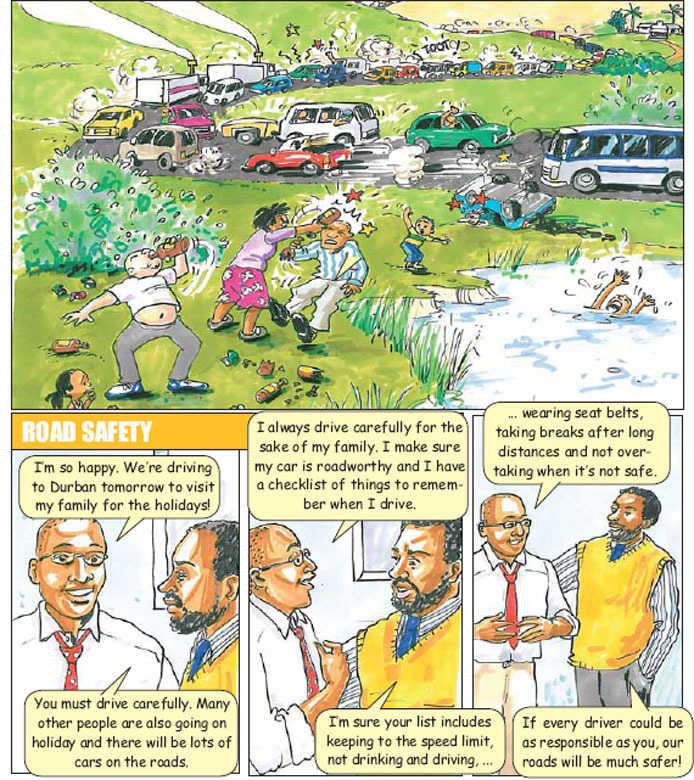
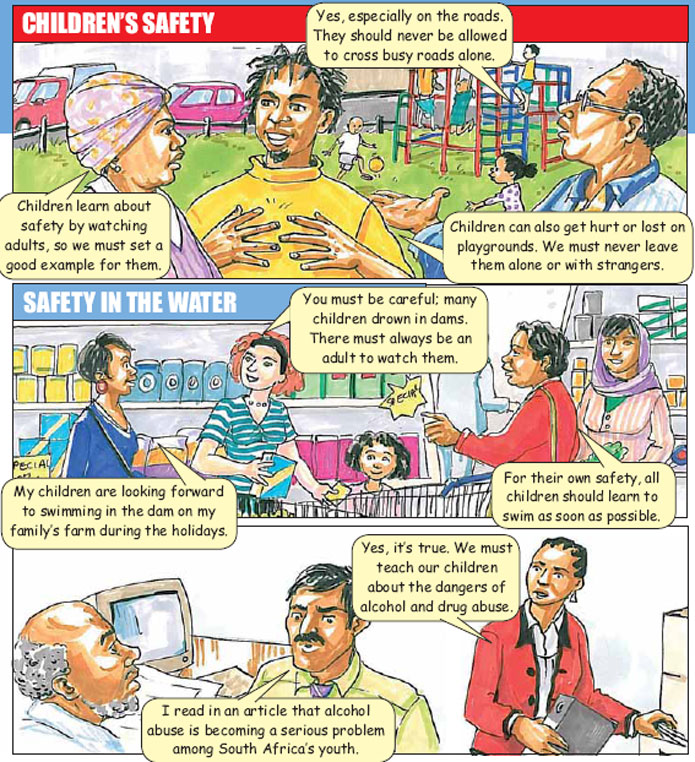

JOB PREPAREDNESS WORKSHOPS LOOKING FOR A JOB
JOB PREPAREDNESS WORKSHOPS LOOKING FOR A JOB sadmin- writing your curriculum vitae (CV);
- how to look for the right job;
- evaluating yourself, which means getting to know yourself and the skills you have, as well as the kind of jobs that you will be able to do successfully;
- preparing for the interview, including steps to follow before and during an interview, what to expect and how to answer tough questions;
- having a professional image, including dressing and acting professionally.
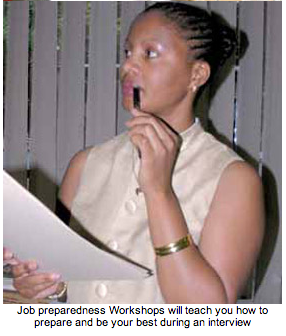
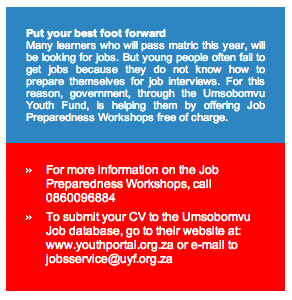
KEEPING IT BRIEF
KEEPING IT BRIEF sadminLETTERS TO THE EDITOR GIVE US A PIECE OF YOUR MIND
LETTERS TO THE EDITOR GIVE US A PIECE OF YOUR MIND sadmin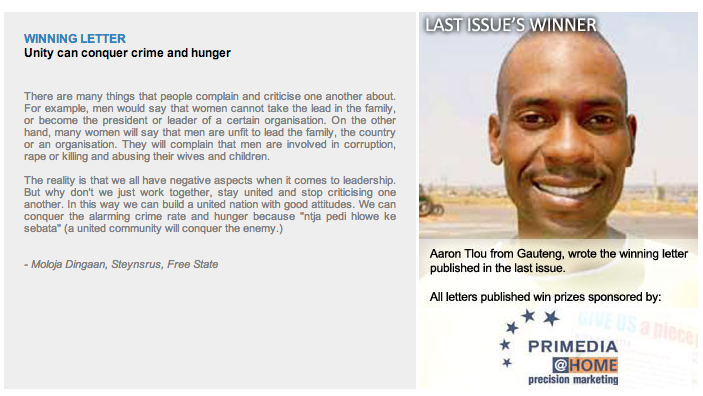

MANAGING YOUR MONEY BUDGET, PLAN AND SPEND YOUR BONUS WISELY
MANAGING YOUR MONEY BUDGET, PLAN AND SPEND YOUR BONUS WISELY sadmin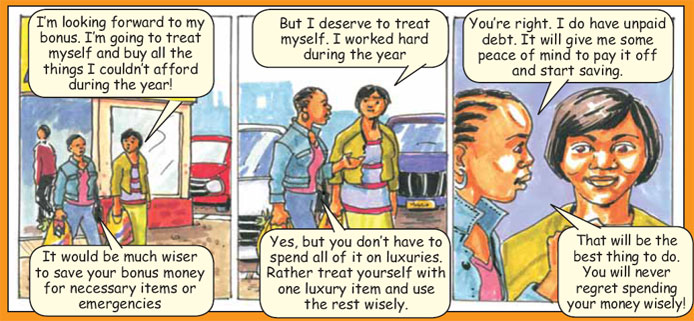
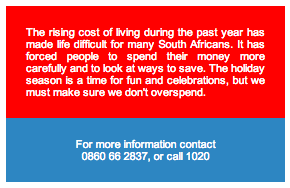
Meet South Africa"s New Cabinet
Meet South Africa"s New Cabinet sadminWe present photos of all the President, Deputy President and all the cabinet members..

ROLE MODEL BLIND AND LIVING LIFE TO THE FULL
ROLE MODEL BLIND AND LIVING LIFE TO THE FULL sadmin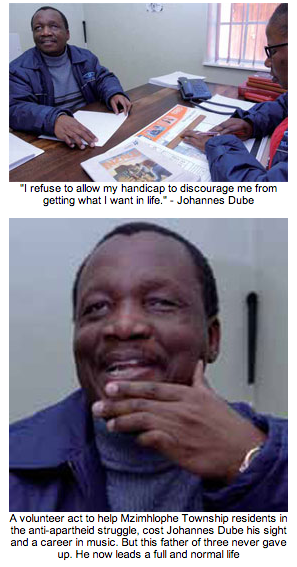
SOCIAL SERVICES ADOPTION AS AN OPTION
SOCIAL SERVICES ADOPTION AS AN OPTION sadmin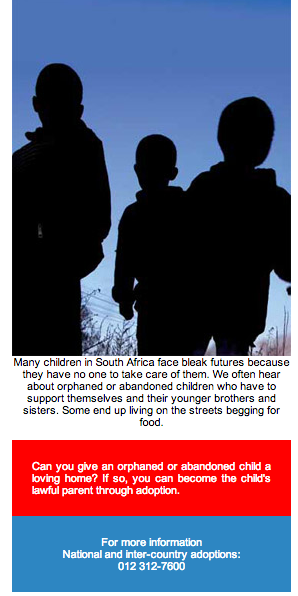
YOUTH ARTS AND CULTURE A WAY OF LIFE
YOUTH ARTS AND CULTURE A WAY OF LIFE sadmin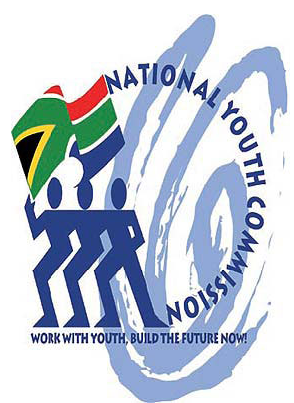
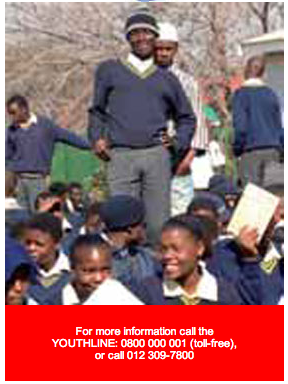
YOUTH GAMES ENCOURAGING THE SPIRIT OF OUR AFRICAN FAMILY
YOUTH GAMES ENCOURAGING THE SPIRIT OF OUR AFRICAN FAMILY sadmin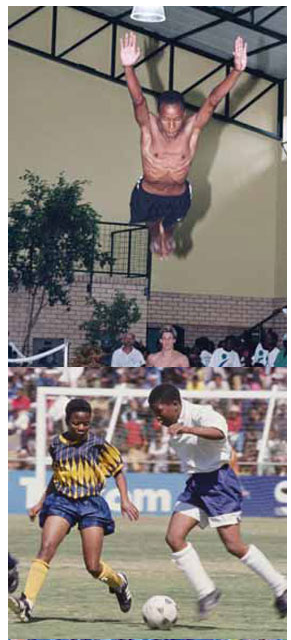
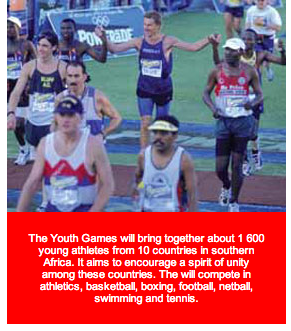
YOUTH HELPING THE YOUTH BEAT HIGH PRICES
YOUTH HELPING THE YOUTH BEAT HIGH PRICES sadmin